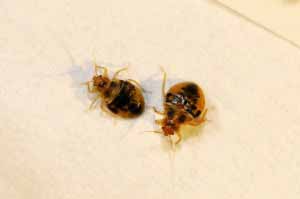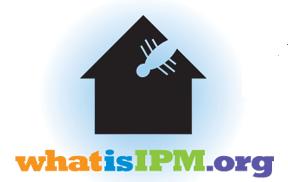Pesticide Environmental Stewardship Program – Gold Member of the EPA
ProBest Pest Management is a Gold member since 2010. A pesticide can be and should be considered dangerous and should be handled accordingly, they can also be useful.
- Performance.
- Participation.
- Responsibility.
- Education.
Established in 1994, the Pesticide Environmental Stewardship Program (PESP) is an EPA partnership program. It works with the nation’s pesticide-user community to promote Integrated Pest Management (IPM) practices. PESP is guided by the principle that partnership programs complement the standards and decisions established by regulatory and registration actions. The informed actions of chemical users can further reduce the risks from pests and pesticides. By playing a major role in ensuring human health and environmental safety.
PESP members are also encouraged to get involved in PESP goals, which currently include:
- IPM in Schools Program – aims to reduce the risk that chemical exposure poses to children and school employees by promoting sensible applications of pesticides around schools.
- Landscaping Initiative – seeks to enhance the environmental, human health, and economic benefits associated with landscapes while reducing the need for pesticides, fertilizers, irrigation, and energy inputs by working in concert with nature.
- Tick IPM – seek to identify the most cost effective approaches to reduce tick encounters and incidence of tick borne diseases by collaborating with partners (federal, state, local government, NGOs, growers) that actively share experiences on pest prevention strategies.







